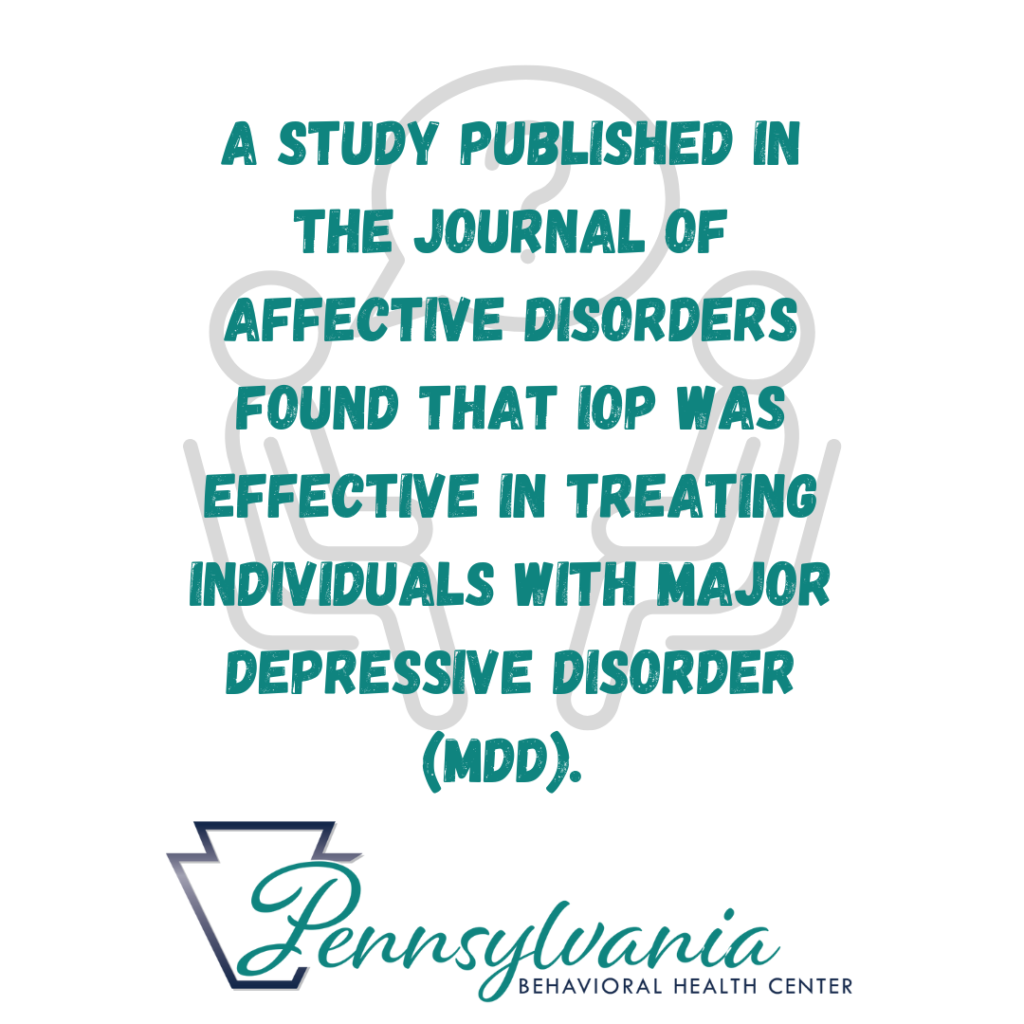Is Intensive Outpatient(IOP) Successful in Treating Mental Health?

Mental Health IOP Successful?
Mental health is a critical issue that affects millions of people globally. Despite the growing awareness of mental health issues, many individuals still struggle to find effective treatment options. One approach that has gained popularity in recent years is intensive outpatient treatment (IOP). This treatment modality offers patients more extensive mental health care than traditional outpatient care, but is it successful? In this blog, we’ll explore the topic of whether IOP is successful in treating mental health and examine the evidence supporting its efficacy.
Percentage of treatment response to their mental health compared to standard outpatient(27%).
What is Intensive Outpatient Treatment (IOP)?
Intensive outpatient treatment (IOP) is a type of mental health treatment that provides patients with more extensive care than traditional outpatient care. IOP usually involves a combination of individual and group therapy sessions, along with other therapeutic activities such as mindfulness exercises, yoga, and art therapy. IOP sessions typically take place several times per week, for several hours at a time, over a period of several weeks to several months.
Is IOP Successful in Treating Mental Health?
Research has shown that IOP can be successful in treating a wide range of mental health conditions, including depression, anxiety, bipolar disorder, and substance use disorders. In fact a study published in the Journal of Affective Disorders found that IOP was effective in treating individuals with major depressive disorder (MDD). The study found that individuals who received IOP had significantly greater reductions in depressive symptoms compared to those who received standard outpatient care. Additionally, the study found that individuals who received IOP were more likely to achieve remission from their MDD symptoms.
One of the advantages of IOP is that it allows patients to receive more extensive care than traditional outpatient treatment, without the need for hospitalization. This can be particularly beneficial for individuals who need more intensive care than traditional outpatient care can provide, but who do not require inpatient hospitalization.
IOP has also been shown to be effective in helping patients maintain their progress after completing inpatient treatment. A study published in the Journal of Substance Abuse Treatment found that IOP was effective in helping patients maintain their progress after completing inpatient treatment for substance use disorders.
Another advantage of IOP is that it is often covered by insurance, which can make it more accessible to individuals who may not be able to afford inpatient treatment.
Overall, the evidence suggests that IOP can be successful in treating mental health conditions. However, like any treatment modality, its effectiveness will depend on a variety of factors, including the individual’s specific mental health condition, the severity of their symptoms, and their willingness to engage in treatment.
Intensive outpatient treatment (IOP) can be an effective treatment option for individuals struggling with mental health issues. Research has shown that IOP can be successful in treating a wide range of mental health conditions, including depression, anxiety, bipolar disorder, and substance use disorders. IOP allows patients to receive more extensive care than traditional outpatient treatment, without the need for hospitalization. It is often covered by insurance, which can make it more accessible to individuals who may not be able to afford inpatient treatment. While its effectiveness will depend on a variety of factors, IOP is a valuable treatment option that can help individuals overcome mental health challenges and improve their overall well-being.
Get Mental Health Help Near You With Intensive Outpatient(IOP)
If you or a loved one is struggling with mental health disorders such as depression, anxiety, bipolar, or more don’t hesitate to reach out to us at 610-563-2752 or email: admissions@pabehavioralhealth.com.

